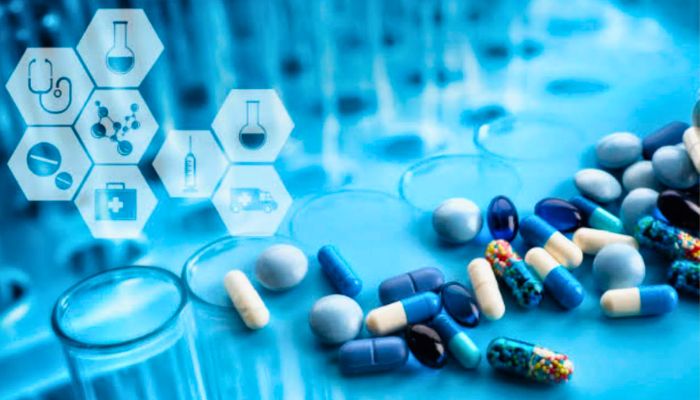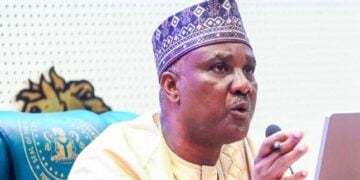The Association of Community Pharmacists of Nigeria (ACPN) has said that the pharmaceutical industry is on the path to transformative growth as local manufacturers and investors channel multi-million-dollar investments into Active Pharmaceutical Ingredient (API) production.
The association said this aims to improve medicine security and position the country as Africa’s key drug manufacturing hub.
ACPN National Chairman, Pharm Ambrose Ezeh and National Secretary, Omokhafe Ashore, disclosed this in a statement ahead of the association’s 44th Annual National Conference.
Pharm Eze said, “I can confirm to you that local pharmaceutical manufacturers, including prominent Nigerian investors, are building Active Pharmaceutical Ingredient (API) plants that are in the tens of million dollar range in a bid to change the structure of the game as we impose medicines/drug security in Nigeria and create a local manufacturing hub in Africa.
“At some point, the value of our industry was estimated to be about $2 2billion, but with recent investments, we would be cruising to an ambitious $10 billion range sector in the next five years.”
ACPN expressed confidence that the country’s pharmaceutical industry will continue contributing significantly to the nation’s Gross Domestic Product (GDP), drawing parallels with global leaders such as India and China, where the pharma sector plays a vital role in economic development.
The association reiterated its commitment to partner with local manufacturers to increase drug accessibility and ensure the sector’s long-term viability.
It urged federal and state governments to offer special incentives to the pharma industry, including access to equipment, excipients, and other raw materials vital for Good Manufacturing Practice (GMP) compliance.
“The government at all levels must support pharma manufacturers through a deliberate special incentive for the pharma industry to facilitate access to equipment, excipients and other materials that are expedient to GMP because local manufacture presents opportunities for more jobs, international trade, economic growth and development as well as boosting national security,” he said.
ACPN also emphasised the importance of positioning Nigeria to fully benefit from the African Continental Free Trade Agreement (AfCFTA), describing it as a significant opportunity to expand trade and export pharmaceutical products.
Also, ACPN called on the Federal Ministry of Health (FMoH) to engage stakeholders in the pharmaceutical sector before implementing significant policies. It cited the controversial MEDIPOOL policy as an example of why collaborative policy-making is essential.
The association proposed reviving initiatives like the Expedited Medicine Access Programme, once considered under the Petroleum Trust Fund (PTF) era, to improve nationwide access to essential drugs.
According to ACPN, a progressive and coordinated approach to policy implementation, investment promotion, and regulatory reform will be the foundation for building a robust and globally competitive pharmaceutical sector in Nigeria.
The association also expressed concerns about what it described as the “continued dominance of physicians in leadership positions” within the health sector, including the appointments of Chief Medical Directors (CMDs) and heads of government health agencies.
The pharmacists accused the federal government of sustaining a discriminatory structure that excludes other healthcare professionals from leadership and recognition.
They also decried the resistance to recognising PharmD holders and consultant pharmacists, attributing it to entrenched opposition by the Nigerian Medical Association (NMA) and allied groups. They called for urgent dialogue between the federal government and non-physician health professionals to address what he described as “decades of marginalisation.”





